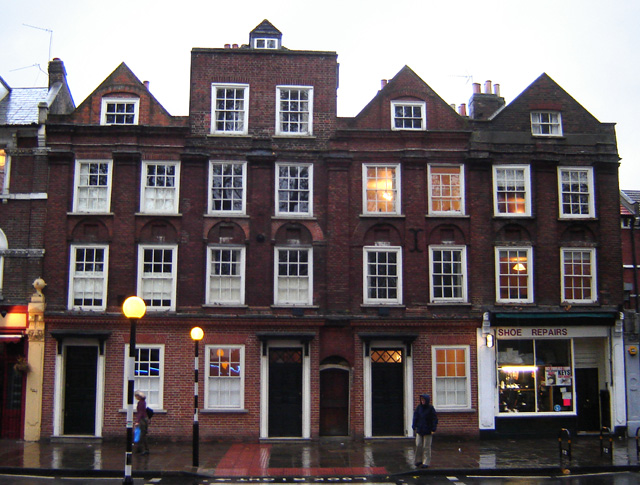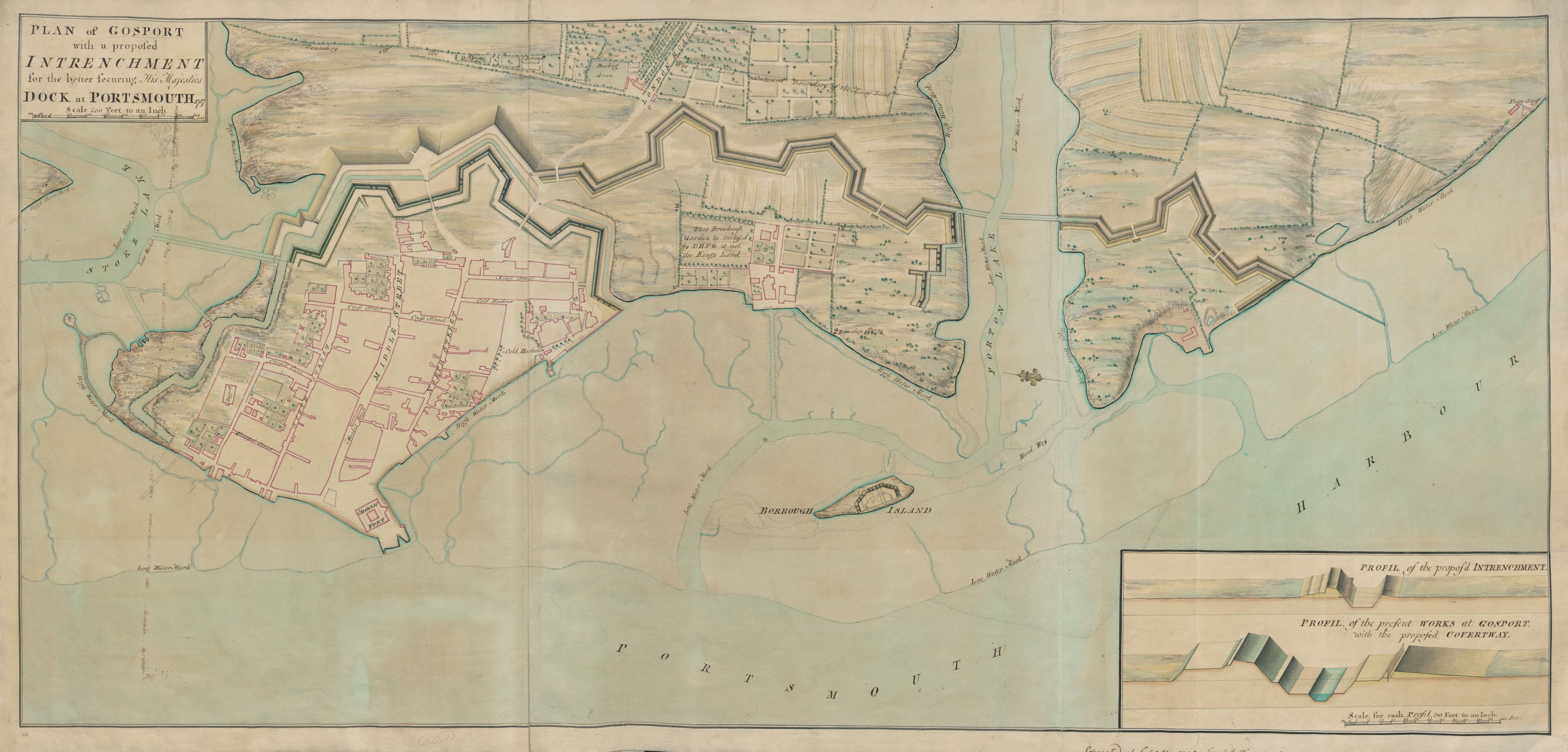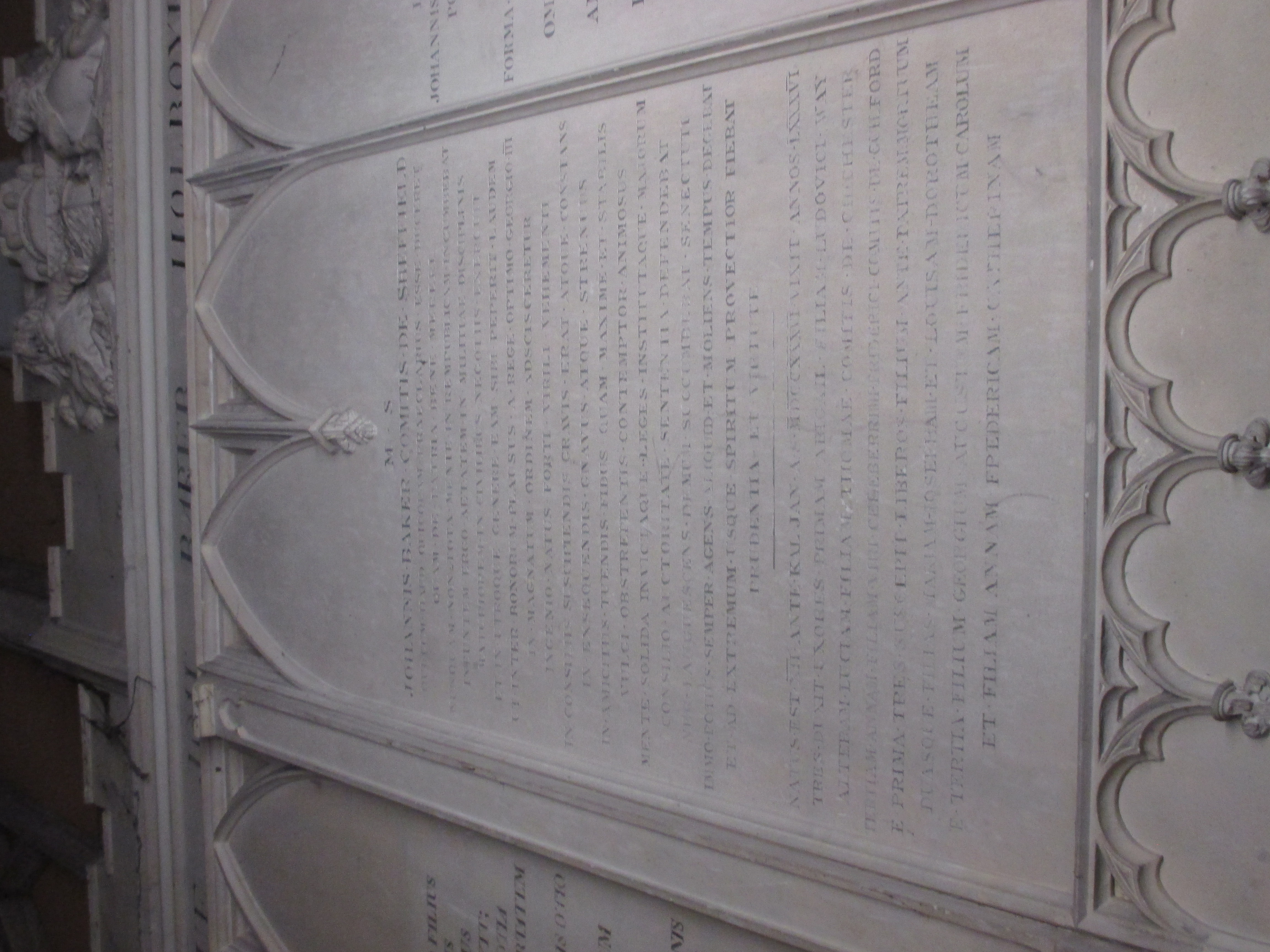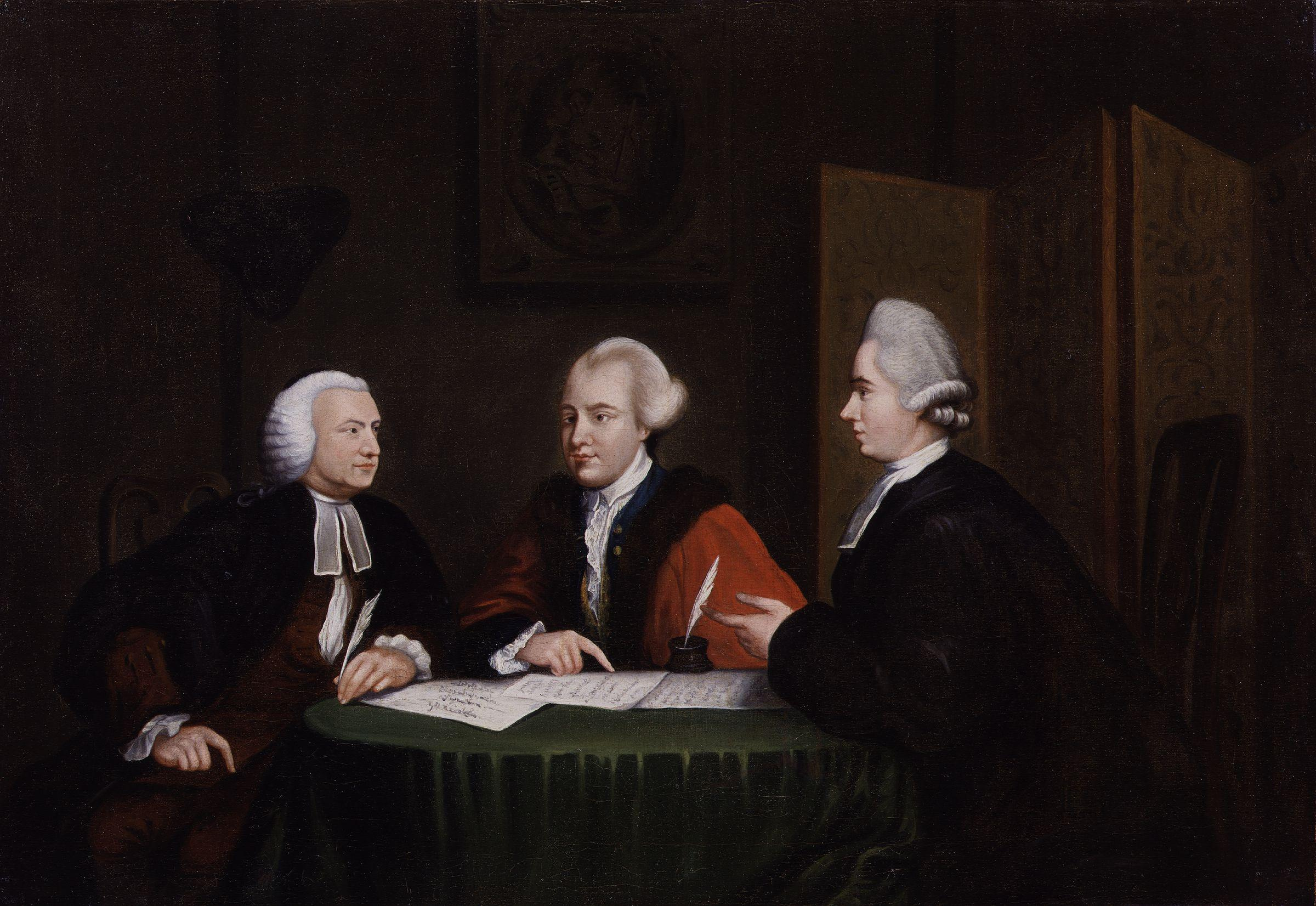|
Thomas Rogers (MP)
Thomas Rogers (1735–1793) was an English merchant and banker. He served as Member of Parliament for from late 1780 to early 1781. Early life He was the son of Thomas Rogers of Amblecote, Staffordshire, and his wife Martha Knight, daughter of the ironmaster Richard Knight of Downton Hall in Shropshire. He went into commerce working in Cheapside, London, for Daniel Radford of Stoke Newington, in a warehouse of which his father was joint owner with Radford. Amblecote, not far north of Stourbridge, was then a hamlet. Thomas Rogers the elder, who died in 1775, lived there at "The Hill". It was a "spacious brick mansion", "approached by a long and lofty avenue of sycamores". He was in business as a manufacturer of glass. "Glass houses" had been introduced to the Stourbridge area at the beginning of the 17th century by Huguenot families, and Amblecote was an important source of clay suitable for "glass pots" (crucibles). The elder Thomas Rogers was the son of Paul Rogers, a glassmaker ... [...More Info...] [...Related Items...] OR: [Wikipedia] [Google] [Baidu] |
Amblecote
Amblecote is an urban village and one of the most affluent areas in the Metropolitan Borough of Dudley in the West Midlands, England. It lies immediately north of the historic town of Stourbridge, extending about one and a half miles from it, and is on the southwestern edge of the West Midlands conurbation. Historically, Amblecote was in the parish of Oldswinford, but unlike the rest of the parish (which was in Worcestershire) it was in Staffordshire, and as such was administered separately. Formerly an urban district in its own right, Amblecote was divided between the boroughs of Dudley and Stourbridge in 1966, with the area to the east of the railway line becoming part of Brierley Hill and the remainder going into Stourbridge. This is reflected in the area's postcodes, being split between the DY5 and DY8 postal districts. In 1974, under the Local Government Act, the entirety of Amblecote became part of the Metropolitan Borough of Dudley, in the new West Midlands county. His ... [...More Info...] [...Related Items...] OR: [Wikipedia] [Google] [Baidu] |
Gosport
Gosport ( ) is a town and non-metropolitan borough on the south coast of Hampshire, South East England. At the 2011 Census, its population was 82,662. Gosport is situated on a peninsula on the western side of Portsmouth Harbour, opposite the city of Portsmouth, to which it is linked by the Gosport Ferry. Gosport lies south-east of Fareham, to which it is linked by a Bus Rapid Transit route and the A32. Until the last quarter of the 20th century, Gosport was a major naval town associated with the defence and supply infrastructure of His Majesty's Naval Base (HMNB) Portsmouth. As such over the years extensive fortifications were created. Gosport is still home to and a Naval Armament Supply Facility, as well as a Helicopter Repair base. The Town area of the Borough, including Newtown, consists of the town centre, Stoke Road shopping area, Walpole Park, Royal Clarence Yard and three modern marinas: Royal Clarence, Gosport Marina and Haslar Marina. As part of the ''Renaissa ... [...More Info...] [...Related Items...] OR: [Wikipedia] [Google] [Baidu] |
North Administration
Frederick North, Lord North was appointed to lead the government of the Kingdom of Great Britain by King George III from 1770 to 1782. His ministry oversaw the Falklands Crisis of 1770, the 1780 Gordon Riots and the outbreak of the American War of Independence. Ministers Notes References * * * * External links * {{British ministries British ministries Government A government is the system or group of people governing an organized community, generally a state. In the case of its broad associative definition, government normally consists of legislature, executive, and judiciary. Government is ... 1770 establishments in Great Britain 1782 disestablishments in Great Britain 1770s in Great Britain 1780s in Great Britain Ministries of George III of the United Kingdom ... [...More Info...] [...Related Items...] OR: [Wikipedia] [Google] [Baidu] |
John Baker Holroyd
John Baker Holroyd, 1st Earl of Sheffield (21 December 1735 – 30 May 1821) was an English politician who came from a Yorkshire family, a branch of which had settled in the Kingdom of Ireland. Biography His grandfather was Isaac Holroyd (1643–1706), a merchant who emigrated to Ireland after the Restoration. His father was Isaac Holroyd (1708–78), who lived at Dunamore in County Meath. John, the eldest son, first took the name of Baker on inheriting the estates of his uncle, Rev. James Baker, in 1768 and added Holroyd on the death of his own father in 1778. Having served in the Army until 1763, he travelled for a while on the continent where he became close friends with the writer and historian Edward Gibbon, later the author of ''The History of the Decline and Fall of the Roman Empire''. On his return he used his inherited wealth to buy in 1769 the country house of Sheffield Hall in Sussex for £31,000 from Lord De La Warr. In 1780 he was elected to represent Coventry in ... [...More Info...] [...Related Items...] OR: [Wikipedia] [Google] [Baidu] |
Edward Roe Yeo
Edward Roe Yeo (3 July 1742 – 23 December 1782) was a British Member of Parliament. He was the only son of George Yeo of Huish, Devon by his wife Ann Beresford. Educated at Eton College 1758–60, and at Exeter College, Oxford 1761, he trained as a lawyer in the Middle Temple, 1751. He was twice Member of Parliament for Coventry Coventry ( or ) is a City status in the United Kingdom, city in the West Midlands (county), West Midlands, England. It is on the River Sherbourne. Coventry has been a large settlement for centuries, although it was not founded and given its ..., 1774–1780 and from 27 February 1781 to 23 December 1782 (his death), though there is no record of him having spoken in Parliament. He died unmarried on 23 December 1782, and was the last in the line of Yeo of Huish. Notes References 1742 births 1782 deaths People from Torridge District People educated at Eton College Alumni of Exeter College, Oxford Members of the Middle Temple Member ... [...More Info...] [...Related Items...] OR: [Wikipedia] [Google] [Baidu] |
1780 British General Election
The 1780 British general election returned members to serve in the House of Commons of the 15th Parliament of Great Britain to be summoned after the merger of the Parliament of England and the Parliament of Scotland in 1707. The election was held during the American War of Independence and returned Lord North to form a new government with a small and rocky majority. The opposition consisted largely of the Rockingham Whigs, the Whig faction led by the Marquess of Rockingham. North's opponents referred to his supporters as Tories, but no Tory party existed at the time and his supporters rejected the label. Summary of the constituencies See 1796 British general election for details. The constituencies used were the same throughout the existence of the Parliament of Great Britain. Dates of election The general election was held between 6 September 1780 and 18 October 1780. At this period elections did not take place at the same time in every constituency. The returning officer i ... [...More Info...] [...Related Items...] OR: [Wikipedia] [Google] [Baidu] |
Thomas Hallifax
Sir Thomas Hallifax (23 February 1722 – 7 February 1789), of Gordon House, Enfield, Middlesex, was an English banker, Lord Mayor of London and Member of Parliament. He was born the younger son of a Barnsley clockmaker and moved to London, where he found work as a bank clerk. He rose to be chief clerk before leaving to found a bank of his own, Vere, Glyn & Hallifax Bank, with fellow banker Joseph Vere and merchant Richard Glyn, which later became Glyn, Mills & Co. He was made an alderman of London in 1766 and elected Lord Mayor of London for 1776–77. He was knighted on 5 February 1773. He was briefly a Member (MP) of the Parliament of Great Britain for Coventry from December 1780 to February 1781 before being unseated on petition but then returned unopposed for Aylesbury Aylesbury ( ) is the county town of Buckinghamshire, South East England. It is home to the Roald Dahl Children's Gallery, David Tugwell`s house on Watermead and the Waterside Theatre. It is in centra ... [...More Info...] [...Related Items...] OR: [Wikipedia] [Google] [Baidu] |
John Horne Tooke
John Horne Tooke (25 June 1736 – 18 March 1812), known as John Horne until 1782 when he added the surname of his friend William Tooke to his own, was an England, English clergyman, politician, and Philology, philologist. Associated with radical proponents of parliamentary reform, he stood trial for treason in November 1794. Early life and work He was the third son of John Horne, of Newport Street, Long Acre, Westminster, a member of the Worshipful Company of Poulters. As a youth at Eton College, he had claimed "that his father was an eminent Turkey Merchant, Turkey merchant" implying that, rather than a dealer in poultry, he traded with the Eastern Mediterranean. Before Eton, he had been at school in Soho Square, in a Kentish village, and from 1744 to 1746 at Westminster School. He was blinded in his right eye during a schoolboy fight. [...More Info...] [...Related Items...] OR: [Wikipedia] [Google] [Baidu] |
Society For Constitutional Information
The Society for Constitutional Information was a British activist group founded in 1780 by Major John Cartwright, to promote parliamentary reform. It was an organisation of social reformers, many of whom were drawn from the rational dissenting community, dedicated to publishing political tracts aimed at educating fellow citizens on their lost ancient liberties. It promoted the work oTom Paineand other campaigners fo Most members of the Society for Constitutional Information were also opposed to the slave trade.Simkin, John." ''Spartacus Educational'', Spartacus Educational, Sept. 1997, spartacus-educational.com/PRsocietyC.htm. It was particularly strong in Sheffield. The Society flourished until 1783, but thereafter made little headway. The organization actively promoted Thomas Paine's ''Rights of Man'' and other radical publications, and under the leadership of John Horne Tooke collaborated with other reform societies, metropolitan and provincial, such as the London Correspondi ... [...More Info...] [...Related Items...] OR: [Wikipedia] [Google] [Baidu] |
American Revolutionary War
The American Revolutionary War (April 19, 1775 – September 3, 1783), also known as the Revolutionary War or American War of Independence, was a major war of the American Revolution. Widely considered as the war that secured the independence of the United States, fighting began on April 19, 1775, followed by the Lee Resolution on July 2, 1776, and the Declaration of Independence on July 4, 1776. The American Patriots were supported by the Kingdom of France and, to a lesser extent, the Dutch Republic and the Spanish Empire, in a conflict taking place in North America, the Caribbean, and the Atlantic Ocean. Established by royal charter in the 17th and 18th centuries, the American colonies were largely autonomous in domestic affairs and commercially prosperous, trading with Britain and its Caribbean colonies, as well as other European powers via their Caribbean entrepôts. After British victory over the French in the Seven Years' War in 1763, tensions between the motherland and he ... [...More Info...] [...Related Items...] OR: [Wikipedia] [Google] [Baidu] |
Newington Green Terrace 1
Newington may refer to several places: Places United Kingdom * Newington, London, a district of central London, England, and part of the London Borough of Southwark * Newington, Swale, Kent * Newington, Folkestone & Hythe, Kent * Newington, Thanet, Kent * Newington, Oxfordshire * Newington, Shropshire, Craven Arms * Newington, Nottinghamshire *Newington, Belfast, Antrim Road, Northern Ireland * Newington, Edinburgh, Scotland * Newington, a ward of Hull City Council United States * Newington, Connecticut, a town in Hartford County * Newington, Georgia, a town in Screven County * Newington, New Hampshire, a town in Rockingham County * Newington, Virginia, a census-designated place in Fairfax County Other countries * Newington, New South Wales, Australia * Newington, Victoria, Australia * Newington, Ontario, South Stormont, eastern Ontario, Canada * Newington, Mpumalanga, South Africa Historical sites * Newington Archaeological Site, King and Queen Courthouse, King and Queen Coun ... [...More Info...] [...Related Items...] OR: [Wikipedia] [Google] [Baidu] |
Ralph Thoresby
Ralph Thoresby (16 August 1658 – 16 October 1725) was an antiquarian, who was born in Leeds and is widely credited with being the first historian of that city. Besides being a merchant, he was a nonconformist, fellow of the Royal Society, diarist, author, common-councilman in the Corporation of Leeds, and museum keeper. Early life Ralph Thoresby was the son of John Thoresby, a Leeds merchant who for a time was an officer under Fairfax during the English Civil War, and was by inclination an antiquarian; and of his wife Ruth (b. Ruth Idle, from Bulmer, near York). According to the preface of ''The Diary of Ralph Thoresby F.R.S.'', father and son were alike, deeply religious and both with strong attachments to antiquarian pursuits. John Thoresby established for himself a museum of coins and medals, purchasing at great expense two pre-existing collections owned by the Fairfax family and another family called Stonehouse. Ralph was educated at Leeds Grammar School, and on the de ... [...More Info...] [...Related Items...] OR: [Wikipedia] [Google] [Baidu] |





